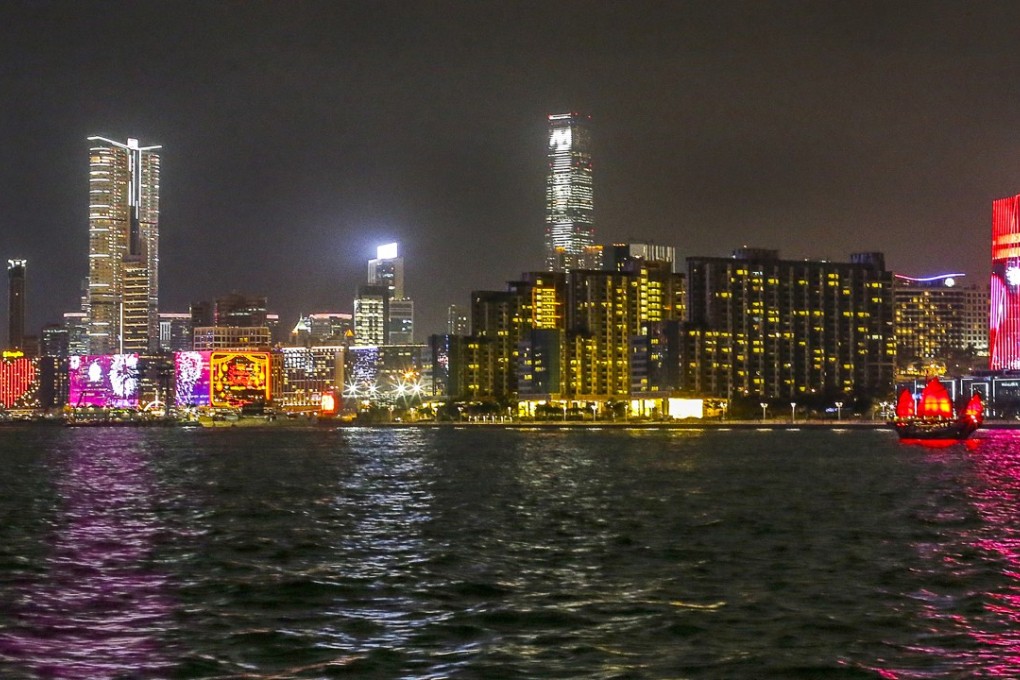Law might be needed to dim bright city lights
A voluntary scheme to reduce energy wastage and light pollution by requiring outside decorations, promotions and advertising to be switched off at night appears to have had little effect

Hong Kong at night is a treat for visitors, particularly from now through the Lunar New Year. Festive lights dress up skyscrapers and an upgraded harbourfront laser show further dazzles and wows. But while the giant screens and vast displays of LEDs make our city even more vibrant and exciting, there is a cost to being bigger, brighter and better. Being too brash and not knowing when to hit the “off” switch can harm health and the environment.
People living in brightly lit urban areas probably already know this; they often have trouble getting enough sleep. Studies show that can lead to insomnia, diabetes, obesity, depression, fatigue and anxiety. Green groups have also long warned of the effects of bright lights on wildlife, particularly birds. More energy-efficient lighting can also give a false sense of being environmentally responsible; if left on longer than necessary, they can use as much electricity as traditional neon tubes or incandescent bulbs, perhaps more.
The hundreds of annual complaints to authorities prompted the government in April 2016 to launch a voluntary scheme to reduce energy wastage and light pollution by requiring outside decorations, promotions and advertising to be switched off between 11pm or midnight and 7am, excluding during festival periods. More than 4,800 properties and shops have signed on, but the number of complaints continues to rise, increasing to 337 in 2016 from 256 in 2015.
Environmentalists also contend there has been no noticeable improvement and the main commercial districts of Causeway Bay, Tsim Sha Tsui and Mong Kok are as bright as ever, arguably even more. They contend it is time for the government to do as other major cities such as Shanghai, Seoul, Paris and London have done and introduce legislation that ensures penalties for violators.
A voluntary charter by itself will never adequately dim the lights. The Environment Bureau needs to better promote the scheme and campaign for more buildings and premises to be added. Education about the ill-effects of too-bright lighting increases awareness and diligent monitoring will help determine whether more is needed. If necessary, that may have to be legislation.